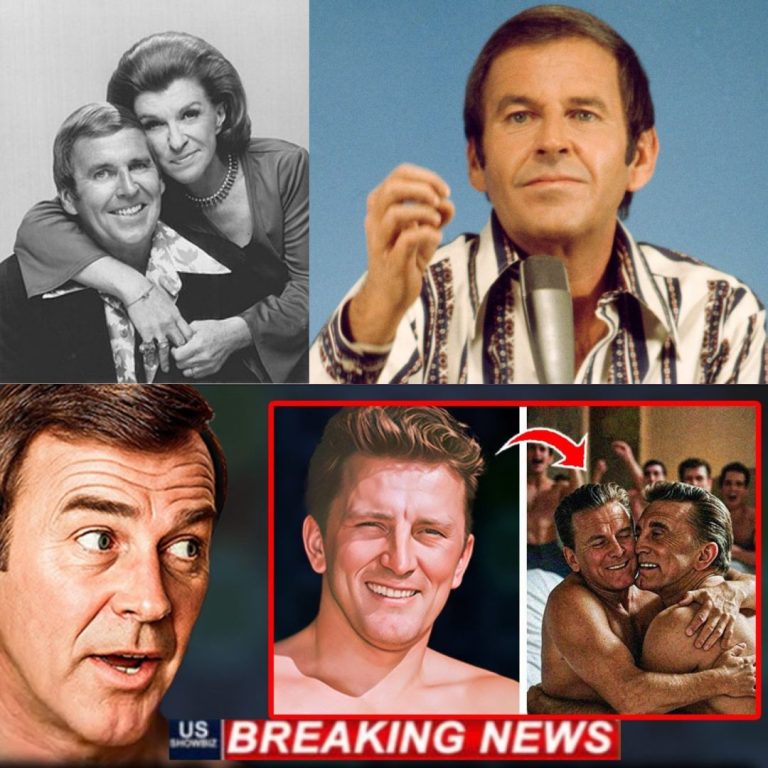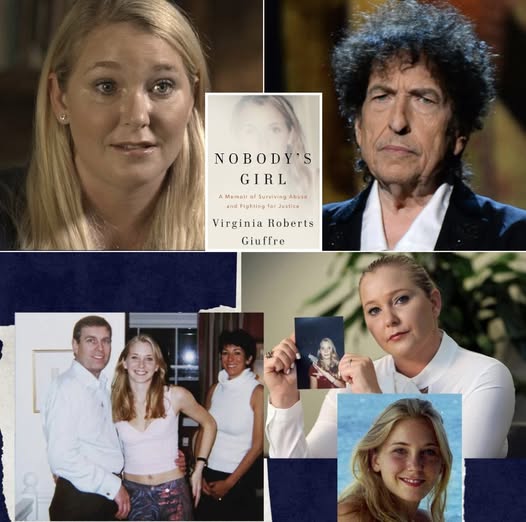It began, as these things so often do, with a screenshot. No masthead. No byline. Just a breathless caption stamped with a superstar’s name and the kind of tidy moral that makes people hit “share” without breathing.

“If you want people to speak kindly about you after you’re gone, then you should speak kindly while you’re alive.”
A second slide supposedly followed—an emphatic encore after backlash: “And I stand by this. Be kind — now more than ever.”
And because the name attached was Mookie Betts, the internet did what it does best: it turned a tidy moral into a movement. Threads accounts erupted. Facebook feeds lit up. “BREAKING NEWS” banners multiplied like mirrors in a funhouse. In a matter of hours, the Los Angeles Dodgers’ most luminous star had, according to the posts, shrugged off criticism and doubled down on a message about decency in the wake of a public death.
Except there was a problem—one big enough to swallow the story whole.
There was no sign of the statement on his official channels. There was no clip of him saying it. And soon, a professional fact-check landed with the precision of a line drive: the quote was not posted by Mookie Betts, and the follow-up never happened. The screenshots, it turns out, were just that—screenshots of claims, not of his page.
So how did a phantom quote become a late-night legend? To understand that, you have to follow the rumor the way an outfielder tracks a ball under bad lights—every wobble matters.
Act I: The Screenshot With Perfect Edges
The first frames arrived on Threads and Facebook: identical blocks of text, melodramatic headers, and the kind of punctuation that pretends to be sirens—“BREAKING NEWS ”. They all told the same compact tale: Betts posted the gentle admonition about kindness, took heat for it, then “stood by” the line with a second story urging kindness “now more than ever.” In short: the plot, the pushback, the heroic reaffirmation. A three-act arc in two slides.
These posts felt convincing for a simple reason: you’ve seen the template before. A familiar name. A gentle maxim. A promise that someone bigger than us has just said the thing we wish everyone would say. It’s irresistible—until you go looking for the original.
People did. They asked, publicly, where on his Instagram the quote could be found. Silence answered back. The screenshots never resolved into a link. The “source” stayed forever one tap away, drifting like a mirage at the top of your feed.
Act II: The Check Swing—And the Fact-Check
Enter the newsroom buzzkill: a Lead Stories debunk. The editors did what the viral posts did not—they looked. They checked Betts’s official content, and they found no evidence that he posted either the original “speak kindly” line or the “stand by this” follow-up. The story, as they lay it out plainly, was a copy-paste fiction wrapped in a famous name.

Meanwhile, baseball coverage about Betts was focused on, well, baseball—his hot streak, awards chatter, and lineup shifts—not a sudden role as the internet’s grief counselor. If you scanned reputable sports pages this week, you’d find Player of the Week blurbs and analysis of his turnaround at the plate; you would not find the sermon the rumor factory attributed to him.
This is what real reporting looks like: named outlets, on-record sourcing, and receipts you can click. The viral posts offered none of that—only a chorus of identical captions pointing back to… identical captions.
Act III: Why We Wanted It to Be True
Stories stick when they fit the mouth of the storyteller. Mookie Betts has cultivated, over years, an image of unfussy excellence and real-person grace—quiet leadership, generous interviews, a habit of talking about the game and his teammates rather than the spotlight on him. He’s a believable vessel for a gentle rebuke. He’s the kind of athlete people want to quote at the end of a hard day.
So the internet cast him.
The lines themselves are perfectly engineered for virality. They’re not cruel. They don’t point fingers. They sell a universal rule parents wish every stranger would tattoo on their phone: say kind things today. Attaching that to a megawatt public figure is like sprinkling sugar on sugar. It’s emotionally plausible—and therefore dangerously easy to believe.
The Internet’s Favorite Magic Trick: Borrowed Authority
Let’s pull the curtain all the way back. The hoax relies on an old stagecraft principle: borrowed authority.
Pick a superstar with a “trusted voice.” (Check.)
Write a sentiment no decent person wants to fight. (Check.)
Frame it as a screenshot of “their story” so you never have to link. (Check.)
Repeat it across dozens of accounts to simulate consensus. (Check.)
When challenged, point to the repetition as proof. (Checkmate—at least until a newsroom shows up.)
The result feels crowded, and crowds feel convincing. But screenshots are not sources; they are images of claims. In a week filled with celebrity misattributions—where public figures were credited with quotes they never said and opinions they never posted—this one slotted neatly into the conveyor belt. Fact-checkers flagged the pattern; the pattern shrugged and kept moving.
What’s Real, What Matters, and What to Do About It
The tragedy at the center of all this is real. As reputable reporting makes clear, authorities named a suspect, secured forensic evidence, and began formal proceedings. The law will take its slow, necessary course. That is news—and it lives in court filings, press briefings, and documents with names and dates. Not in screenshots. (If you want reporting rather than rumor, look for outlets publishing those receipts.)
But here’s the harder truth: we didn’t need a fake Mookie quote to talk about kindness. We didn’t need to conscript an athlete into a moral we already understand. When loss turns into a content war, the decent thing is not to demand a celebrity’s pronouncement; it’s to decline the invitation to cruelty and to refuse to amplify people who turn grief into theater.
If Betts—or any public figure—wants to say something measured about decency, they will say it in their own voice, on their own channels, where you can see it without a middleman’s watermark. Until then, the most valuable thing we can do is to stop feeding the machine that puts words into real people’s mouths and then uses those borrowed words to yank each other around.
Anatomy of a Late-Night Rumor (Pin This for Next Time)
Can two reputable outlets verify the quote? If not, pause. (Here, a professional fact-check said no, and sports news on Betts said nothing about it.)
Is there a link to the original video or story on the person’s verified account? If you’re only seeing screen-grabs, you’re seeing evidence of virality, not veracity.
Are multiple posts using the exact same phrasing and “BREAKING” headline? That’s not corroboration; that’s copy-paste.
Does the claim align with what reputable reporters are actually covering about the person right now? If the only place a superstar is “speaking” is on an untraceable screenshot, you’ve found hype, not history.
The Novel We Keep Writing Together
There’s a reason this particular fiction spread: it reads like a perfect epilogue. A beloved athlete steps to the plate and delivers the line the moment needs: Be kind. Now more than ever. It’s clean. It’s comforting. It lets us picture the world we wish we lived in—one where public decency arrives precisely on cue.
But real life is not scripted that way. In the real world, a kind sentence from a stranger carries farther than a counterfeit quote from a star. In the real world, truth takes longer than outrage. In the real world, the most ethical editorial choice is often the least clickable: we checked, and it isn’t there.
You want a story worth sharing? Try this one: A rumor sprinted through the feeds, and we decided not to be its legs. We verified. We waited. We declined to staple a stranger’s name to a sentence just because it sounded nice sitting there. That’s not as flashy as “BREAKING NEWS ,” but it’s how you keep a culture from overheating.
One Last Word—In the Voice That Actually Matters
If Mookie Betts wants to talk about kindness, he will. He’s earned the bandwidth to speak for himself. Until then, the most respectful thing we can do—for him, for a grieving family, and for the truth—is to stop making his mouth move in memes. Let players play, let reporters report, and let the rest of us hold the line on the small, unglamorous discipline of checking before sharing.
Because sometimes the most radical headline you can write is this one:
“Nothing to See Here—Because We Looked.”
And on a week like this, that quiet might be the kindest thing on the internet.
Editor’s note (receipts): Independent fact-checkers found no evidence that Betts posted the viral kindness quote or a follow-up “stand-by” story; the claims come from unverified social posts repeating the same text without links to an original source. Meanwhile, current coverage about Betts is focused on his on-field performance, not a viral statement about the tragedy






